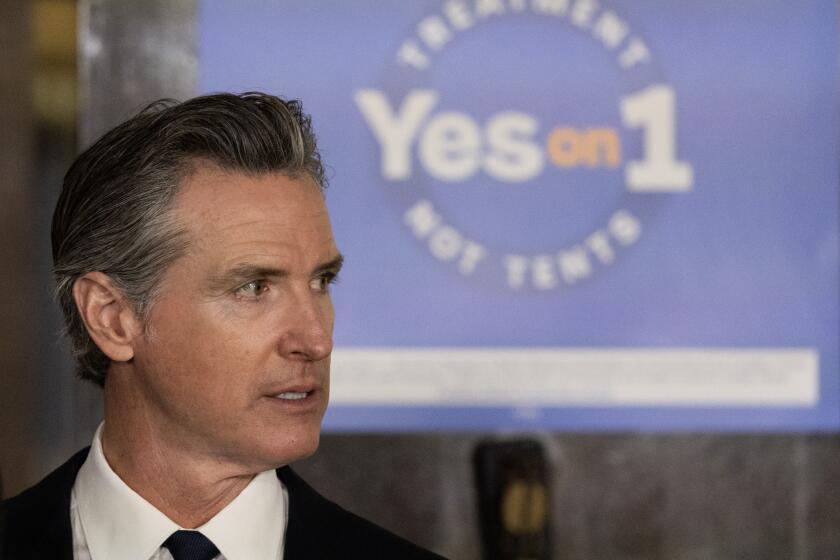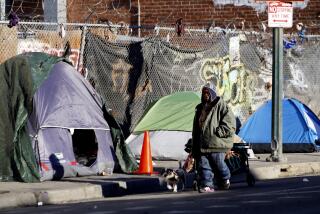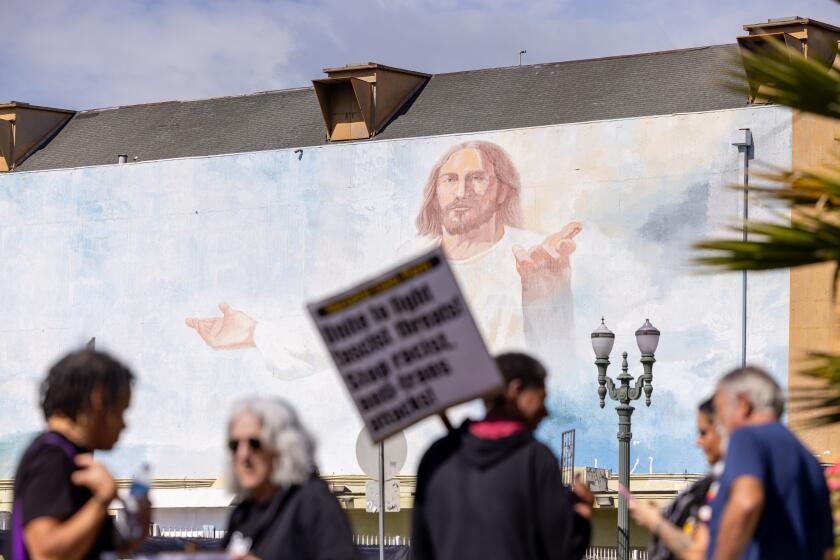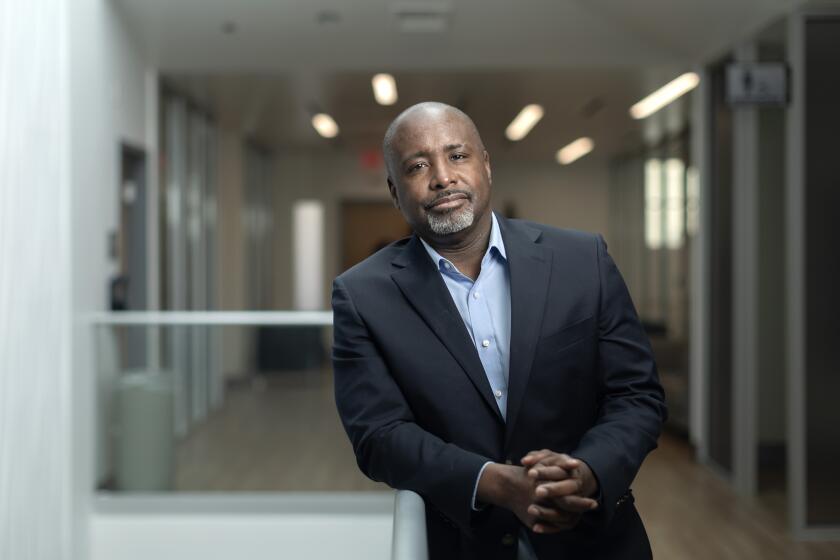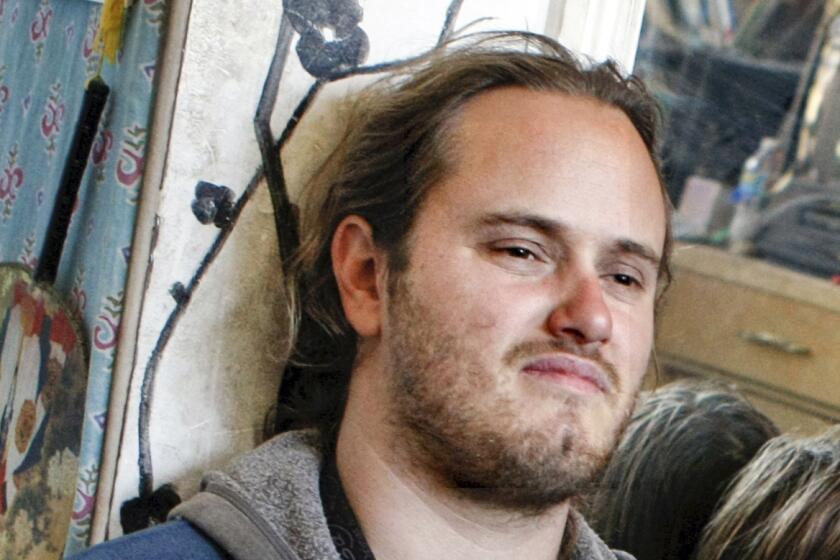$3.3 billion available for mental health beds as Newsom jump-starts Prop. 1 spending

Gov. Gavin Newsom announced Tuesday that the state will make $3.3 billion in funding available by July to begin building inpatient and outpatient mental health treatment centers as part of a massive effort to transform California’s mental health system and address the homelessness crisis.
The money is the first tranche of a $6.4-billion bond authorized by voters when they narrowly approved Proposition 1 in March.
Newsom traveled to a new facility in San Mateo County to make the announcement — to underscore, his office said, how many more such facilities are needed and how his hard-fought mental health measure can transform care for Californians.
Newsom has framed Proposition 1 as an essential part of the state’s strategy to address the homelessness crisis. The plan includes a controversial push to compel people with severe mental illness and substance disorders into care. With the bond funding, it also makes billions of dollars available to build more beds and housing for treatment.
“In a matter of weeks, $3.3 billion will go out and we’ll quickly approve those plans,” Newsom told reporters outside a Redwood City treatment facility that plans to add more housing once money funnels in this summer. “In a matter of months, not a matter of years.”
If Proposition 1 is approved by California voters, the bond to build more mental health facilities could cost $14 billion in debt and interest payments.
Newsom also urged counties to sign up early for CARE Court, another program he has championed to help resolve the state’s mental health and homelessness crisis. Counties have until the end of the year to open specialized courts that offer voluntary treatment and services. San Mateo County, south of San Francisco, recently became the ninth county to sign up.
“Counties don’t have to wait until December. Let’s go. Get those applications going,” he said.
When the proposition passed, Newsom said “this historic reform will only succeed if we all kick into action immediately — state government and local leaders, together.”
After a close race, Gov. Gavin Newsom’s Proposition 1 overhaul of California’s mental health system narrowly passed in the 2024 primary election.
This week, his staff said the governor was doing his part: This first round of funding wasn’t promised until the fall.
For the record:
9:11 a.m. May 14, 2024An earlier version of this article said Proposition 1 expands the criteria for the detention, treatment and conservatorship of people with severe mental illness. That policy is in a separate bill Newsom signed last year.
In addition to spearheading the construction or rehabilitation of more than 10,000 treatment beds and over 45,000 outpatient treatment slots, Proposition 1 reforms California’s 20-year-old Mental Health Services Act to improve care and support for people with serious mental health issues. A separate bill signed last year, Senate Bill 43, expands the criteria for the detention, treatment and conservatorship of people with severe mental illness — an effort that was strenuously opposed by some civil liberties advocates.
The pot of money available for project applications in July is specifically earmarked to build or refurbish treatment centers and clinics. Counties, cities, tribes, nonprofits and for-profit companies will all be eligible to apply for funding.
To qualify, construction projects must have support from their county mental health department, and they must commit to treating patients with Medi-Cal as well as private insurance.
All projects are required to put up matching funds or collateral. That could include land or a building, as well as a funding stream, such as a pledge from a healthcare provider to send patients there or from the opioid settlement, in which pharmaceutical companies and distributors are paying the state millions to help address the harms of the epidemic of addiction.
Once grant applications arrive, officials said they could be approved within three months, meaning money could be distributed around the end of the year.
Later in the year, officials said they planned to open a new round of grants to build and rehabilitate more than 13,000 permanent supportive housing units.
Then, next year, officials will open another $1 billion to support additional buildings or programs, they said.
More to Read
Start your day right
Sign up for Essential California for news, features and recommendations from the L.A. Times and beyond in your inbox six days a week.
You may occasionally receive promotional content from the Los Angeles Times.
